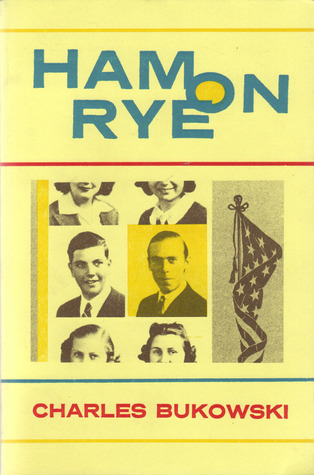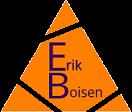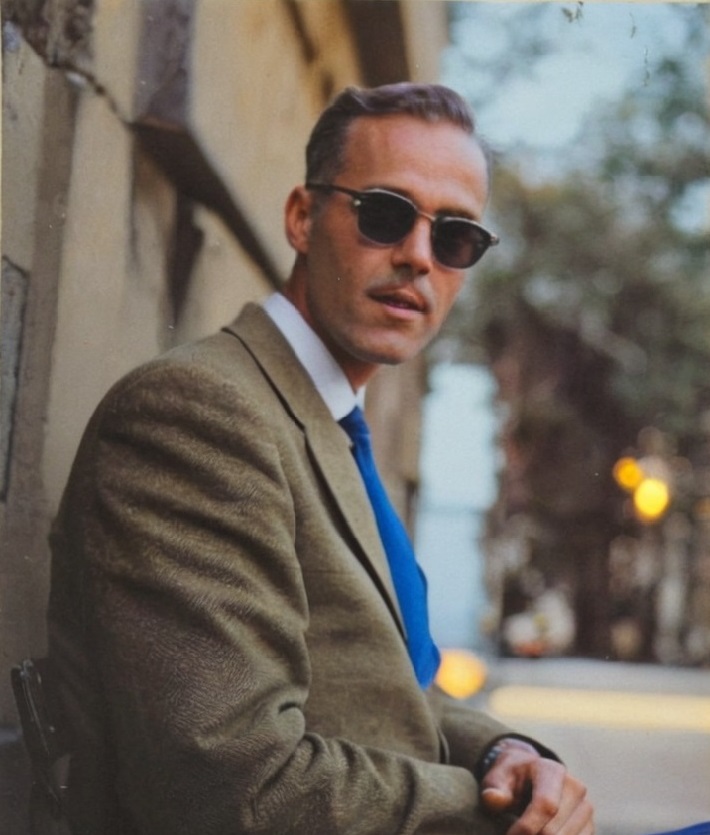
A Bukowski autobiography of sorts. It follows the life of the familiar Henry Chinaski character – presumably Charles Bukowski, himself, from early childhood to early adulthood. It has the same writing style as his other novels. An in-your-face, I have my flaws, and I am going to tell them to you style that describes his dysfunctional upbringing that starts in Germany and quickly moves to Pasedena, California. It recounts, sometimes in cringy detail, the struggle of an outcast growing up in a tough, lower-class neighborhood.
The timing of Bukowski’s life was far less than ideal. He was born in Germany in 1920. A time when Germany was suffering greatly from the effects of the Treaty of Versailles that came with the end of World War I. His parents likely left Germany in response to the bleak economic outlook there. Moving to the United States at that time was likely an improvement over life in Germany, but then the Great Depression broke out. For most of Bukowski’s childhood, economic conditions were dismal. Bukowski’s mom kept a low-paying job, and for extended periods his dad “pretended” to work. He would leave the house at the same time every day with no particular place to go. He wanted his neighbors, who were mostly unemployed as well, to think he had a job.
Henry Chinaski (Charles Bukowski’s pulp version) despised his father. His father beat him pretty regularly and never uttered a kind or positive phrase to his son. He is described as being perpetually angry at and with everyone. His mother didn’t do much to nurture him. From a young age, Chinaski simply wanted to be left alone.
From his own descriptions, Chinaski appeared older than he was during his teen years. This gave him some respect from classmates early on, but he eventually succumbed to some of the worst acne I have ever heard described. He had boils all over his body to the extent that he did not go to high school for a term. Through this misfortune, he describes meeting the first person that he genuinely felt cared about him. It was the nurse that carried out the regular, albeit, ineffective treatment on him for his acne. He would lay for hours as needles and drills were inserted into his boils to express them. This was typically followed by UV treatment and then, later, by applied clay-like substances, and being bandaged like a mummy. Being bandaged like a mummy seemed to be the only treatment that had any kind of positive effect – and it was minimal. Chinaski, however, enjoyed being bandaged like a mummy. It allowed him to wander publicly in anonymity, without his gruesome scars and boils visible to the world.
His maladies and his uncaring parents built him into someone who didn’t tolerate much of the nonsense generated in modern life. If someone who was much older and larger than him gave him a hard time, he was giving it right back, ten-fold. He didn’t care if he risked a beating. He also saw through the nonsense of many societal norms. He joined ROTC in school so he wouldn’t have to undress for gym class, and reveal his boils. He excelled at drill exercises, he surmises, because he did not care about making a mistake. The jitters of competing in rifle drill exercises that were present in all his competitors were absent in him. He didn’t give a shit. He won the drill medal that many of his classmates would have died for, and threw it down a manhole grate on his way home following the event. His indifference bordered on comedy.
His maladies also largely caused him to give up any hope of dating. Most teenagers are constantly pre-occupied with the prospects of dating and sex. Chinaski felt, given his appearance, it wasn’t even worth the effort. The desire was there, but his sense of practicality and understanding of society overrode it. A broke guy, covered in boils has no chance.
Early on, Chinaski found that he had what was likely an unhealthy fondness and tolerance for alcohol. He imbibes, to excess at every opportunity – usually with a supply provided through a peer that falls by the wayside before the young Henry Chinaski is even getting started. He determines that all he needs to be content in life is a supply of alcohol, a room of his own, and a modest, steady income. He seemed to embrace these values, or lack thereof, for the rest of his life.
Despite his general disdain for school, Chinaski does quite enjoy reading and frequents the library to the extent that everyone there recognizes him when he checks out books. He also has a typewriter that he uses to do some of his own writing. Shortly after he completes high school, in the closing chapters of the book, Chinaski’s father finds some of his writing. Chinaski has hidden it under the lining of his dresser drawer, but his father finds it, regardless. It details parts of his life, parts that his father finds far less than flattering. Furious, his father throws all his belongings into the front lawn, which Chinaski gathers up into a solitary suitcase and departs with in search of shelter. He finds a couple of dank, by-the-week rooms, attends community college by day, and drinks to excess, often alone, as he likes it, by night. The book ends as news of the Japanese attack on Pearl Harbor is being broadcast. He contemplates joining the military to fight, but comes upon the question, “fight for what?” He has nothing in the society he lives in. Signing up to him means fighting for the rich to keep what they have.
Bukowski does an incredible job of making you cheer for the anti-hero. You cringe at most of his behavior, but still care for him. Kind of like the family dog that misbehaves.


